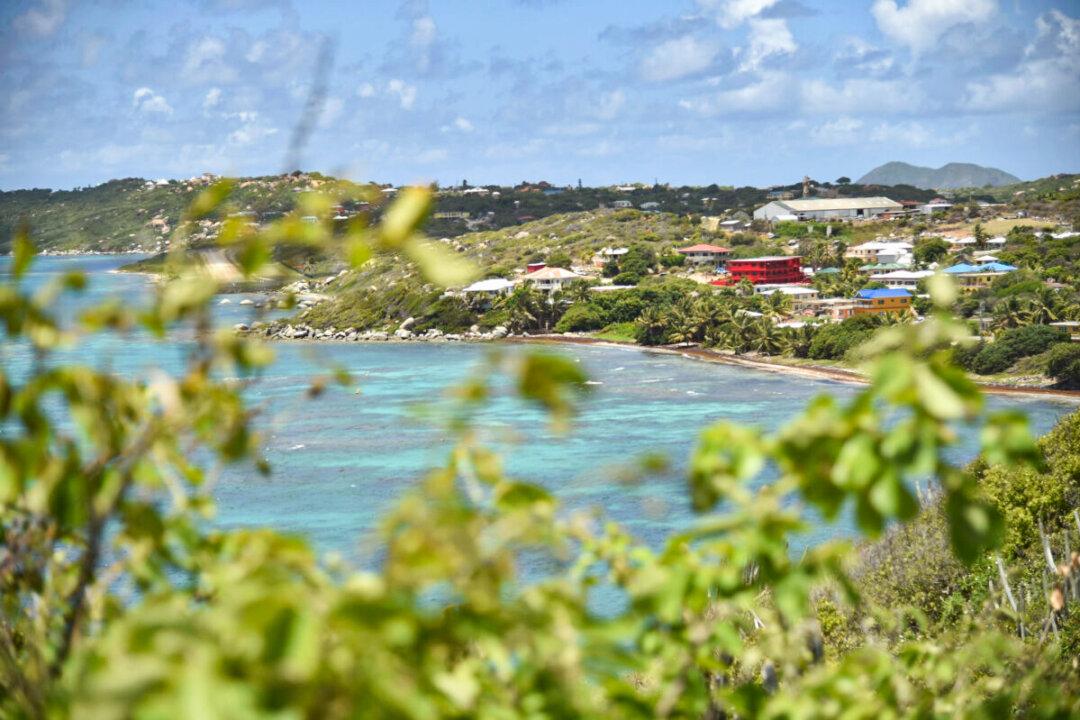News Analysis
The U.S. Drug Enforcement Administration just stung a very big fish who allegedly promised to facilitate three tons of Colombian cocaine deliveries every month to the United States.

The U.S. Drug Enforcement Administration just stung a very big fish who allegedly promised to facilitate three tons of Colombian cocaine deliveries every month to the United States.